Russia dismisses UN call to return to Black Sea grain deal
Russia has rejected a UN call to return to a deal that allowed Ukraine to export grain via the Black Sea.
The Kremlin reiterated on Tuesday that it was impossible for Russia to return to the so-called Black Sea Grain Initiative for now, as an agreement related to Russian interests was "not being implemented."
Kremlin spokesman Dmitry Peskov told journalists that President Vladimir Putin had made it clear that the deal could be revived if the Russia-focused part of the agreement was honored.
The deal was brokered last year by Turkey and the United Nations, expired earlier this month, and was aimed at helping to prevent a global food crisis by allowing grain blocked by the conflict in Ukraine to be safely exported.
Peskov said it would be important for Russia to discuss grain supplies with African countries at a Russia-Africa summit later this week.
In the meantime, Putin gave assurance to African nations that Moscow would replace exports of Ukrainian grain to the continent.
Russia refused to extend the year-old agreement last week on the grounds that it failed to meet Moscow’s expectations, including the ability to export its own food and fertilizers.
Moscow said it will not extend the deal as long as obstacles to Russian food and fertilizer exports under the accord were not fulfilled.
The Kremlin also says Kiev is using the grain export corridor as a cover to launch terrorist attacks against Russian targets, which needed to be resolved, as well.
Meanwhile, the UN has expressed concerns over the expiration of the grain deal, arguing this combined with Russia’s attacks on Ukraine’s port regions could jeopardize global food security.
“Russia’s termination of its participation in the Black Sea Initiative, coupled with its bombardment of crucial ports, will further compound the crisis,” said senior UN official Rosemary DiCarlo on Friday in a briefing to the Security Council.
DiCarlo said food prices have been rising around the globe since the collapse of the deal, thus adding to the agricultural, energy, and financial crises already affecting the world’s most vulnerable people.
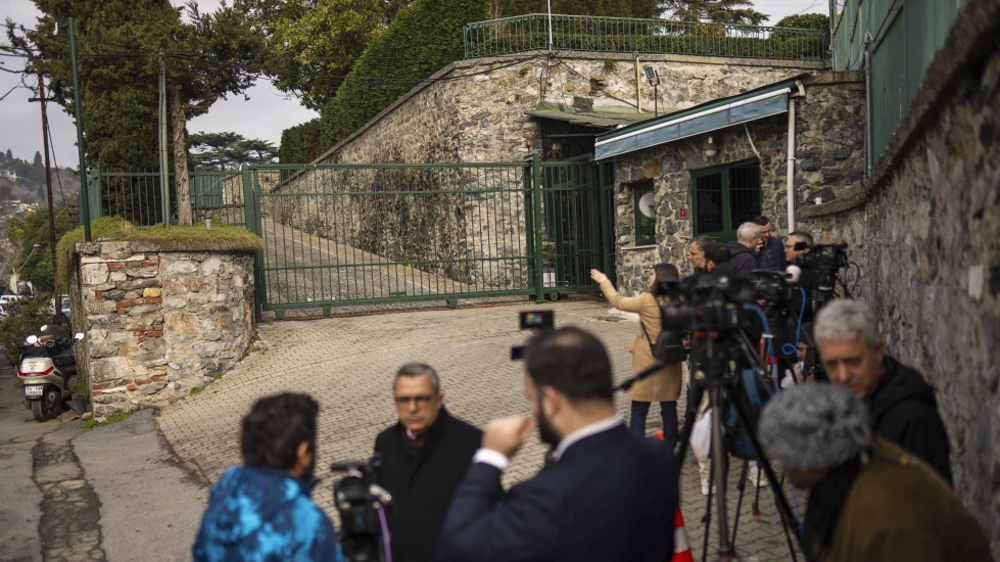
Russia, US diplomats to meet in Istanbul to discuss restoration of embassies: Lavrov
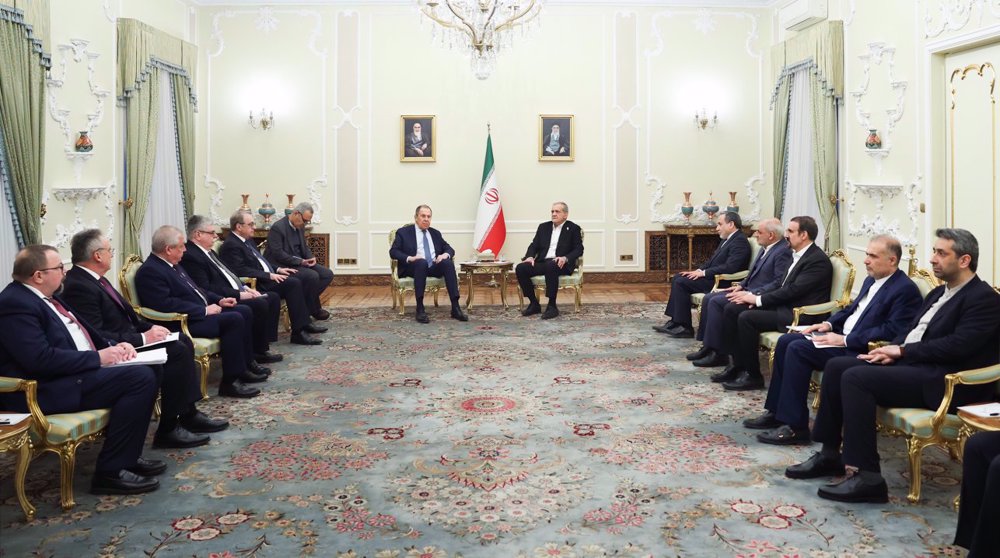
Iran’s president vows to accelerate cooperation with Russia
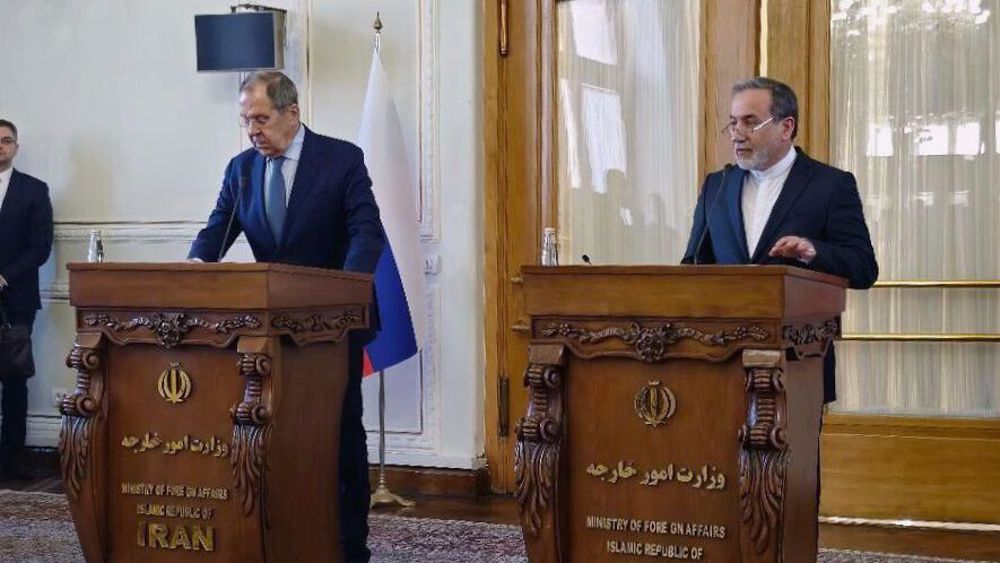
Iran rules out nuclear talks with US amid ‘maximum pressure’ campaign
VIDEO | Press TV's news headlines
Longest held Palestinian prisoner released by Israel
Iran condemns Israel’s military threats
VIDEO | Pakistan, Iran strengthen trade ties with $10 billion target
VIDEO | What conditions faced by Palestinian prisoners?
Israel carried out mass killing of own people under ‘Hannibal Directive’: Military probe
VIDEO | Telecommunications down in Gaza due to Israeli curbs delaying repairs
Egypt: Hamas-Israel negotiations on next phase of ceasefire begin


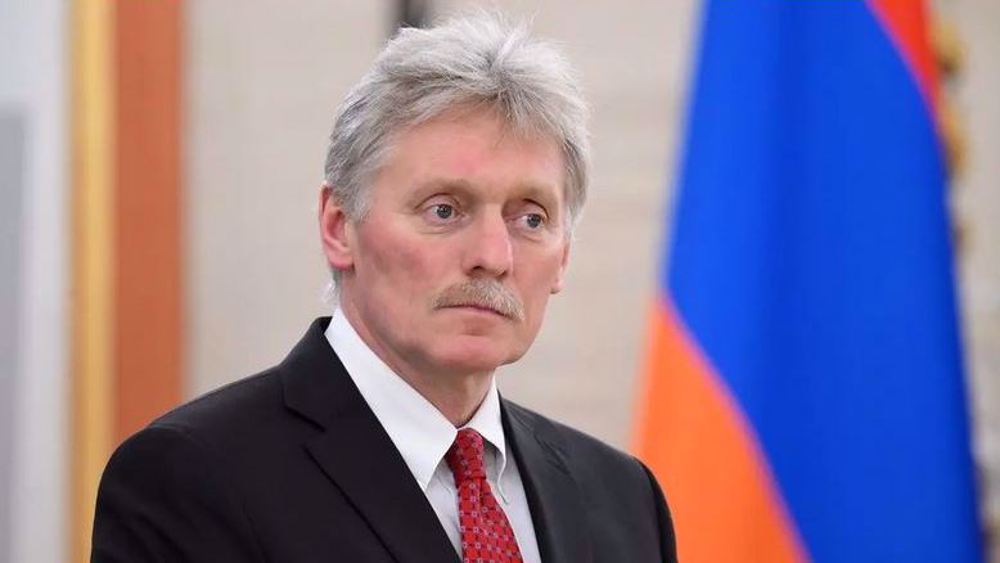
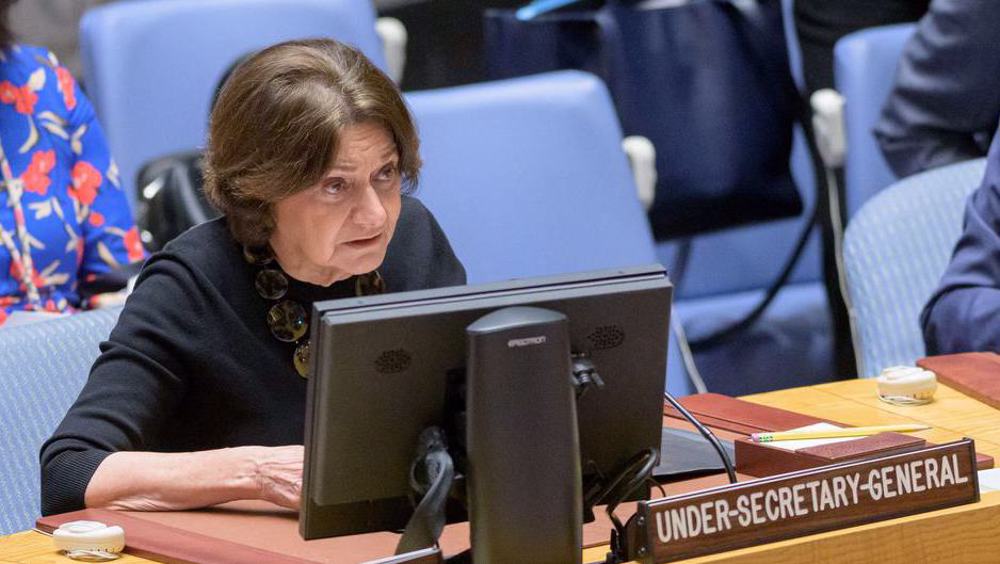



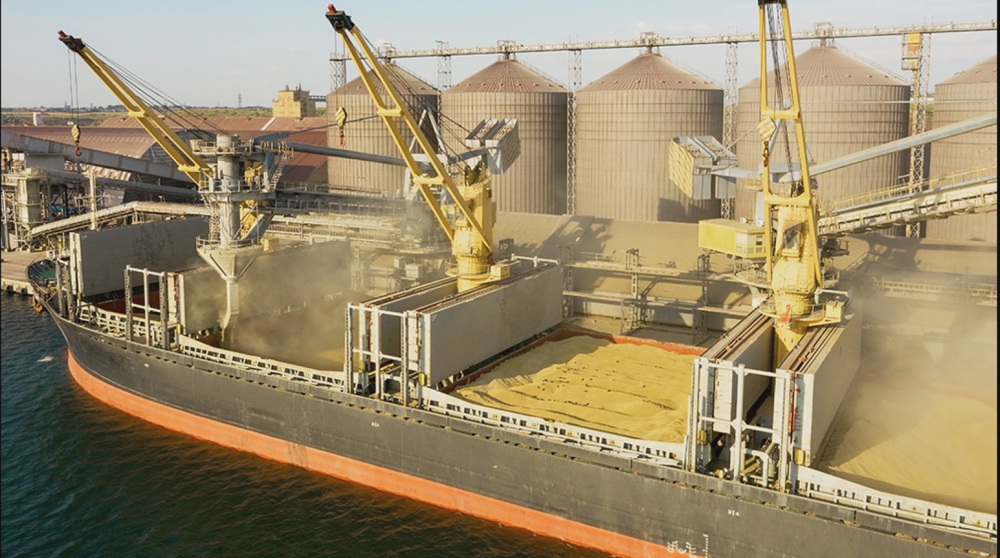

 This makes it easy to access the Press TV website
This makes it easy to access the Press TV website